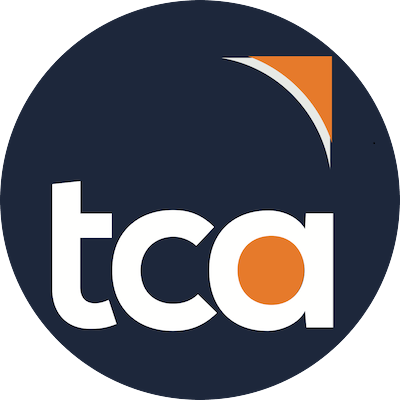“And now back to our regularly scheduled programming.” If there’s one wish that’s high on nearly everyone’s list, it’s this one. The only refrain that could drown out that wish out is the cry of “There will be no such thing as normal ever again.”
Both are wrong.
As we start to come out of this global crisis, many marketers are wondering what to do.
But before we do anything else, we should reflect.
Almost 20 years ago, a professor of nursing at Swansea University published a helpful framework for self-reflection and communication in the book Critical Reflection for Nursing and the Helping Professions: A User’s Guide.
The approach is based on answering three simple questions:
What? Answering this question helps us describe what happened, focusing on consequences, responses, feelings, and challenges the situation raised.
So what? This reflection helps us to process what we’ve learned about ourselves and leads us to develop models, attitudes, and changes to improve.
Now what? In this step, we identify what we need to do in the future for better outcomes and to develop our learning.
These three questions mirror a progression many people work through during disruptive experiences. But in the moment, it’s hard to see anything other than what’s staring back at us.
You can see this in the current COVID-19 crisis.
In the early days of the pandemic, officials shared definitions and forecasts of the ramifications of what we were facing. These definitions influenced the so what ¬– the models of how to respond, recommended remedies, and many people’s attitudes toward the crisis.
As we enter the now what stage, lessons learned and forecasts for the next (or new) normal are coming in. These now what discussions tend to claim either that we’re through the worst of it (so let’s get back to our regularly scheduled programming) or that things will never be normal again.
Again – both are wrong.
See, we mistakenly believe we should use our analysis from the what and so what stages to prepare for what comes after the abnormal. We believe our experience so far helps us see around corners.
It doesn’t.
Rolfe\’s three-question exercise was designed for reflection after an event or experience ends.
Asking \”now what\” isn’t the same as \”what’s next\”. The now what reflection asks us to consider what was, what we did, and now how we might evolve ourselves to optimize for a better future no matter what comes next.
In other words, we can’t predict exactly what’s coming. But we can reflect on how to prepare ourselves to better handle things – any things – that may come our way.
In the coming days and weeks, we’ll all go through the what now stage of this crisis. There will be so many predictions for the next, new normal. There will be new models for everything (and mea culpa we\’ll no doubt share a few of our own). Some of those models will be right, some will be wrong, and most will be obvious. As the quote attributed to statistician George Box goes: “All models are wrong – but some are useful.”
What won’t be obvious is the need to reflect. I urge everyone to put aside the predictions for a moment. Pause. Reflect. Ask what, so what, and now what for your work. I promise it will move you from “getting back to regularly scheduled programming” and into what the new you will program for whatever is needed.





